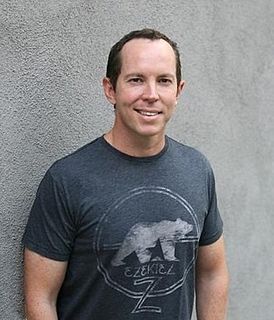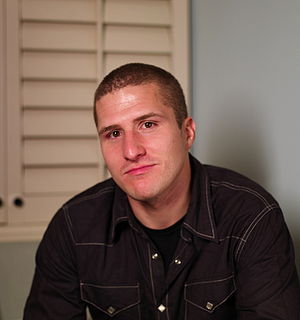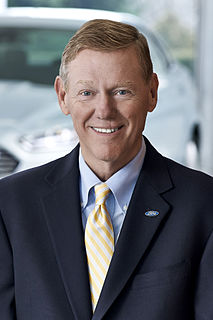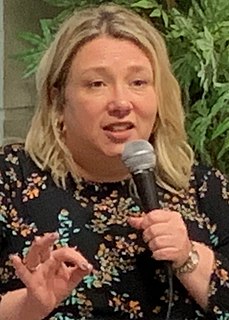A Quote by Natalie Portman
You have to be careful when you're getting feedback because people will give you conflicting feedback all the time, but ultimately you end up following your own inner guide.
Related Quotes
When all actions are used for feedback, the consequence of making mistakes will be a corrective and appropriate response, because everything everybody does matters. ... The more selective you are in the feedback you accept, the more insane your reasoning will become as you will necessarily reject corrective feedback that would have led to better reasoning.
I think it's satisfying for people to feel that that relationship is reciprocal in some way. The truth is, you do have a relationship with your fans, and there is a feedback loop there. And while you have to be careful not to write a show just for the superfans, that kind of feedback is really valuable.
I was brought into the curiosity of it because with Sony Pictures Classics, which bought the movie, they look into what the feedback is and base that off of how they release it, and you end up hearing the feedback and getting that early talk. So the reviews early on that were "bad reviews," they were kind of reviewing another movie.
Look at the way celebrities and politicians are using Facebook already. When Ashton Kutcher posts a video, he gets hundreds of pieces of feedback. Maybe he doesn't have time to read them all or respond to them all, but he's getting good feedback and getting a good sense of how people are thinking about that and maybe can respond to some of it.
I posted chapters online and let people give feedback, and I was surprised at how much of that feedback I actually used for the book.I posted chapters online and let people give feedback, and I was surprised at how much of that feedback I actually used for the book. It was a different process for me, but I liked it.




































